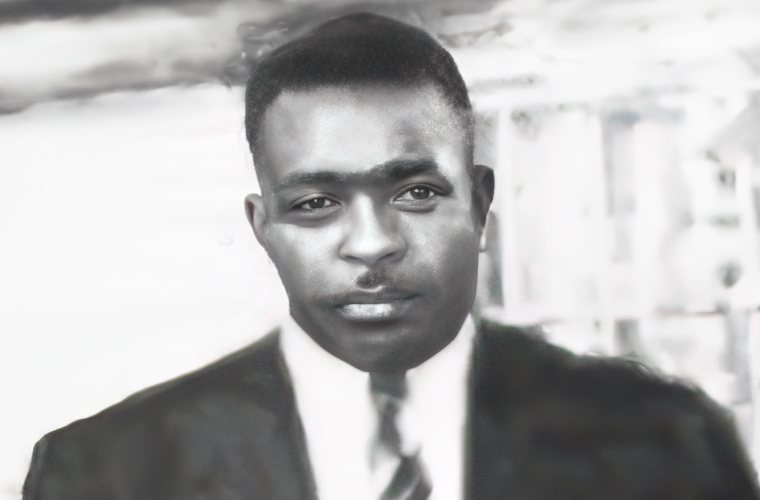The abduction and subsequent murder of NAACP leader Elbert Williams in Brownsville, Tennessee, on June 20, 1940, stands as a tragic example of racial violence and injustice in American history. Mr. Williams, a prominent figure in the local African American community, was targeted and ultimately killed by a group of white men, including the local sheriff and night marshal. This heinous act not only robbed Mr. Williams of his life at the age of 31 but also sent shockwaves through the nation, highlighting the pervasive racism and brutality faced by African Americans during this time.
Elbert Williams was known for his unwavering dedication to civil rights and social justice. As a leader within the National Association for the Advancement of Colored People (NAACP), he worked tirelessly to challenge segregation and discrimination in his community. His activism and advocacy made him a target for those who sought to maintain the status quo of racial oppression.
The circumstances surrounding Mr. Williams’s abduction and murder are deeply troubling. Reports indicate that he was forcibly taken from his home by the group of white men, who wielded their authority and power to carry out this reprehensible act. Three days later, Mr. Williams’s lifeless and brutalized body was discovered in the nearby Hatchie River, leaving his family, friends, and supporters devastated by the loss of a courageous and principled leader.

The tragic fate of Elbert Williams serves as a stark reminder of the pervasive racial violence and systemic injustice that plagued the United States during this era. It underscores the grave risks faced by individuals who dared to challenge the entrenched racism and oppression that defined the lives of African Americans in many parts of the country. Mr. Williams’s murder was not an isolated incident, but rather part of a larger pattern of racial terror and intimidation aimed at stifling efforts to achieve equality and justice for all.
In the aftermath of Mr. Williams’s death, there was widespread outrage and calls for justice. The NAACP, along with other civil rights organizations and concerned citizens, demanded a thorough investigation into the circumstances surrounding his abduction and murder. However, the pervasive influence of white supremacy and the complicity of local authorities hindered efforts to hold those responsible accountable for their heinous actions.
Despite the obstacles and resistance encountered, the legacy of Elbert Williams lived on as a symbol of resilience and determination in the face of adversity. His tragic death galvanized renewed commitment to the ongoing struggle for civil rights and racial equality. His memory inspired countless individuals to continue the fight for justice and to confront the entrenched forces of bigotry and hatred that sought to deny fundamental rights and dignity to African Americans.
In 2019, nearly eight decades after his murder, Elbert Williams was posthumously awarded the NAACP’s Spingarn Medal, the organization’s highest honor, in recognition of his courage and sacrifice in the pursuit of civil rights. This long-overdue acknowledgment reaffirmed his enduring impact and the significance of his contributions to the ongoing struggle for racial equality.
The legacy of Elbert Williams serves as a poignant reminder of the enduring need to confront and address the injustices that have plagued society throughout history. His life and tragic death underscore the ongoing imperative to challenge systemic racism, promote social justice, and uphold the inherent dignity and worth of every individual. As we reflect on the profound impact of Elbert Williams’s legacy, we are reminded of the collective responsibility to continue working towards a more just, equitable, and inclusive society for all.

